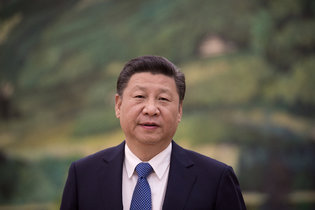In the hope of maintaining a relatively smooth relationship as Mr. Trump begins his administration, Beijing will probably take a wait-and-see attitude despite his phone call with Ms. Tsai, said Shi Yinhong, a professor of international relations at Renmin University.
Indeed, China’s first official reaction, from Foreign Minister Wang Yi, was fairly benign – though it was firm in reiterating the One China policy, under which the United States formally recognized Beijing as China’s sole government in 1978 and broke ties with Taiwan a year later. No American president or president-elect had spoken to a Taiwanese president since then.
Mr. Wang blamed Ms. Tsai’s government for arranging the call. “It won’t stand a chance to change the One China policy agreed upon by the international community,” he said.
A follow-up statement from the Foreign Ministry on Saturday, noting that the ministry had filed a formal complaint with the United States government, was similar in tone. It urged “relevant parties in the U.S.” to “deal with the Taiwan issue in a prudent, proper manner.”
China’s leaders disdain Ms. Tsai, of Taiwan’s Democratic Progressive Party, who was elected president this year after pledging to wean the island off its economic dependence on China, a policy that won enthusiastic support from younger Taiwanese.





